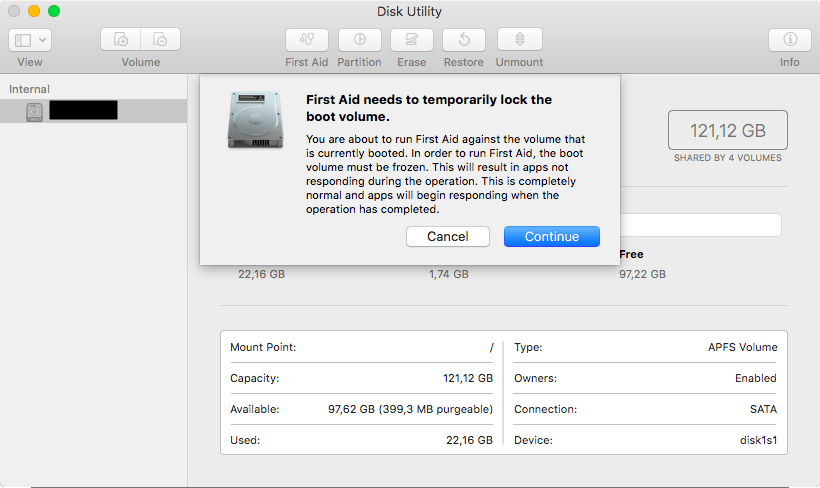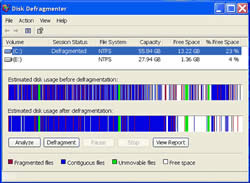

That delayed seek time is reduced by optimizing the HDD storage capacity. That’s why you feel your computer working faster after a defrag. Defrag means the process of analyzing data stored in a hard drive in order to group similar pieces – or fragments – of data together in a standard and continuous fashion. Whenever you’re defragging an HDD, it reorganizes itself.

If you’re old school, you know that hard drives need a defrag every now and then.ĭefragmenting your computer helps to improve its performance, increase security, reduce errors, and ultimately, extend the HDD lifespan. Then, you’ll see why you should not defrag an SSD and what you can do instead to keep your device optimized. Let’s go over what defrag means and what it does. Not only is defragmenting SSDs unnecessary, but yes, it can cause data loss in the long run. No more wondering if you should defrag an SSD: However, let’s debunk this belief when it comes to SSDs.

Especially if you’ve been indoctrinated that defragging prevents data loss. Most likely you had a hard disk drive before upgrading it to an SSD when you even had a weekly defrag automatically scheduled. If you own an SSD you probably have heard that defragmenting is not recommended for solid-state hard drives.


 0 kommentar(er)
0 kommentar(er)
